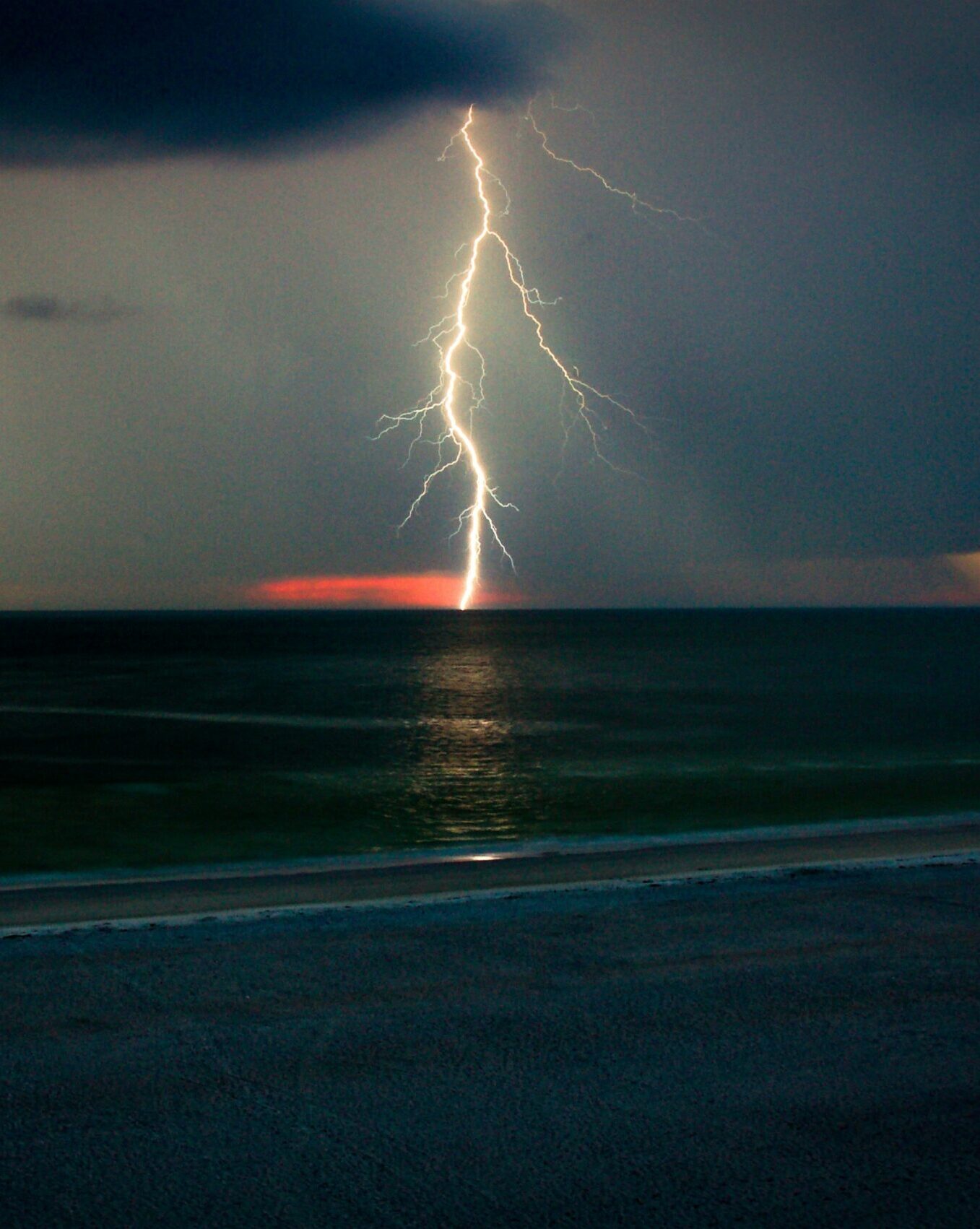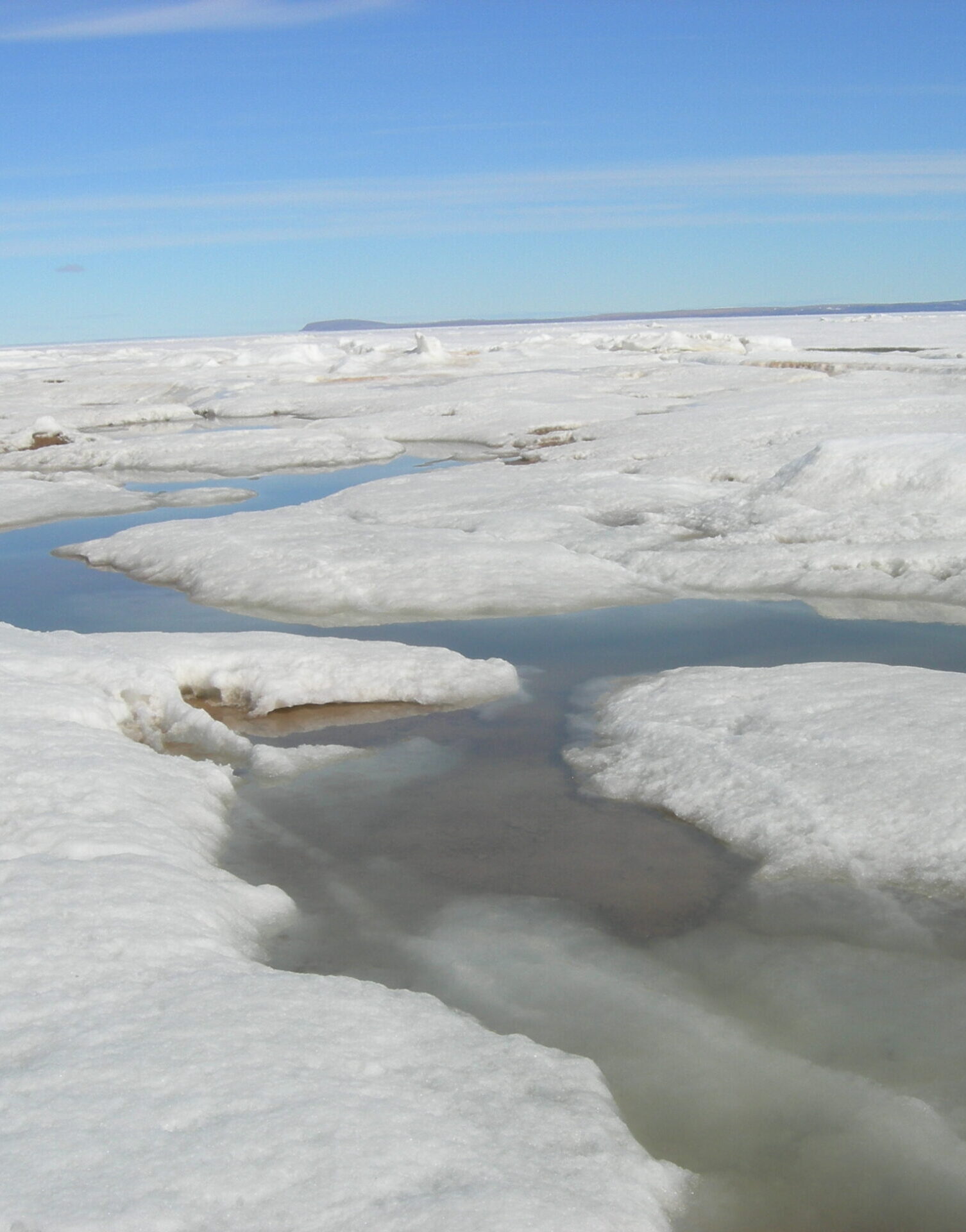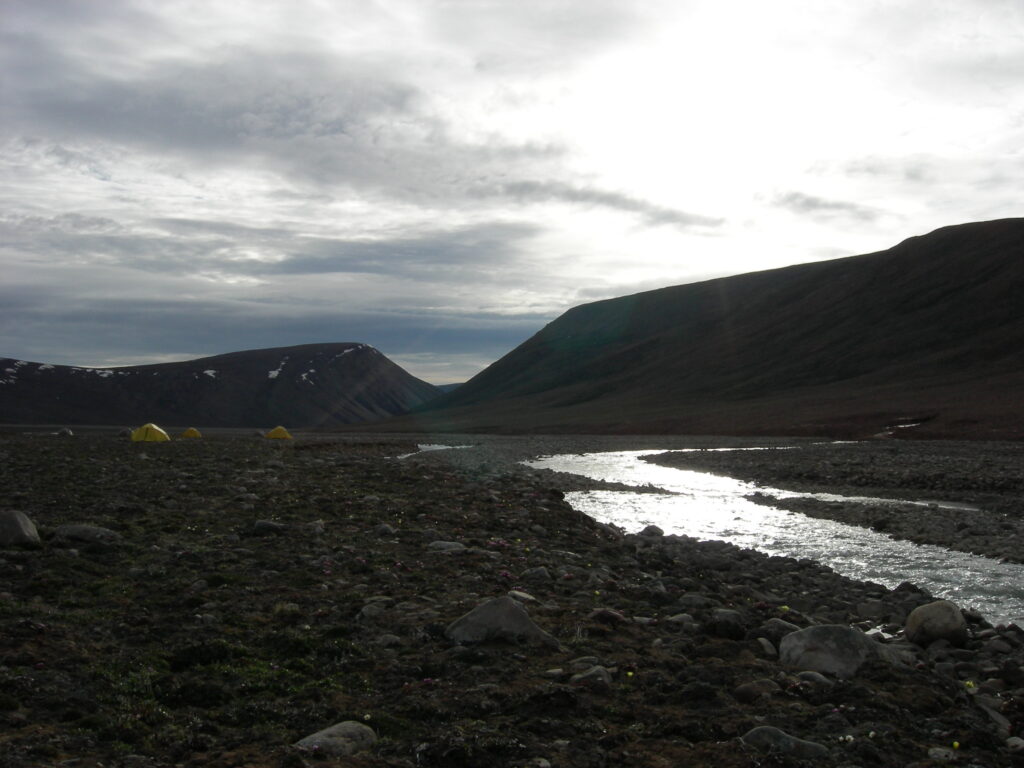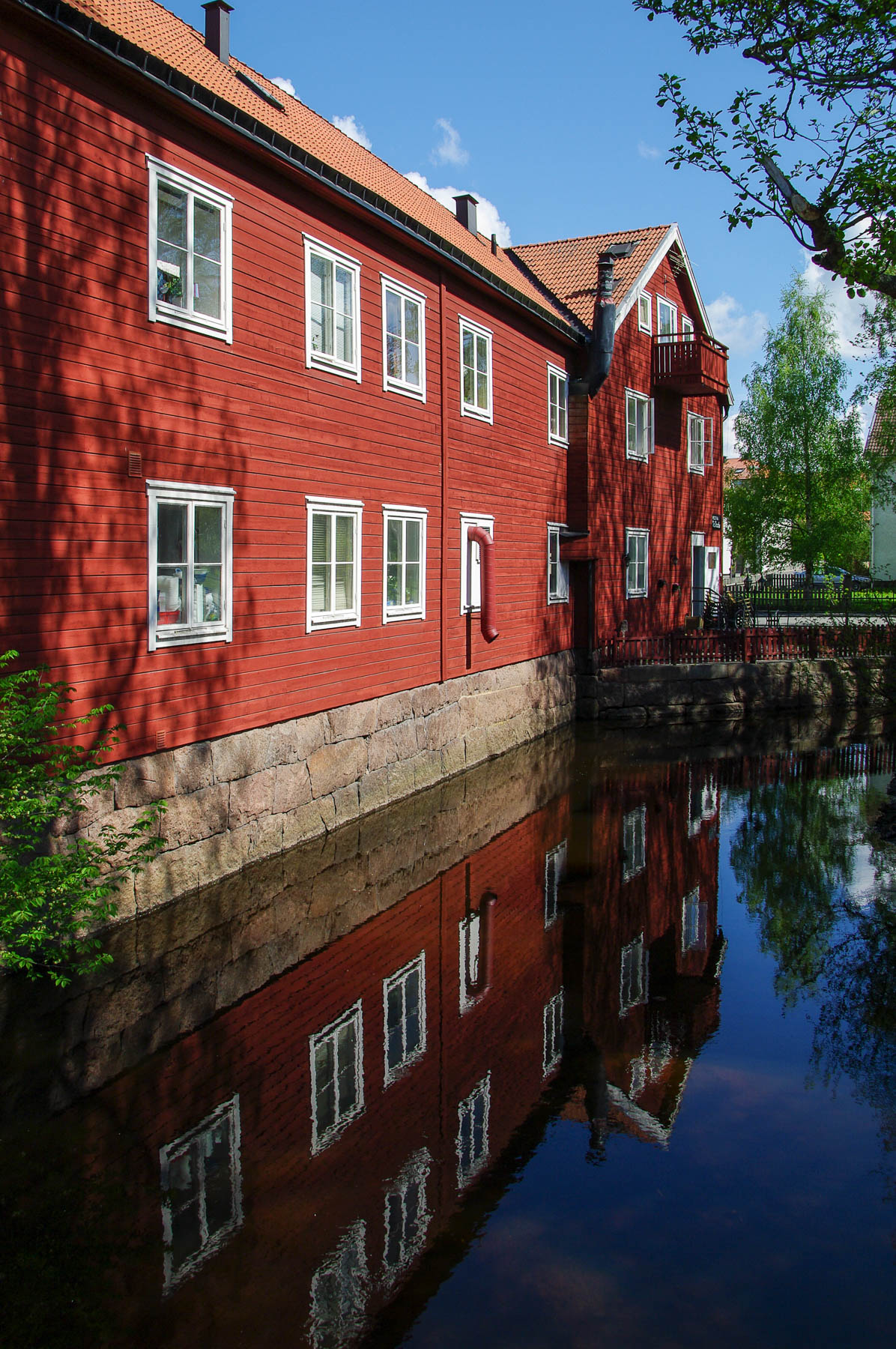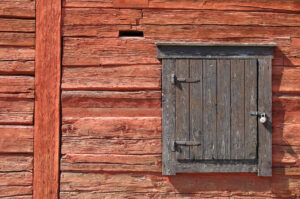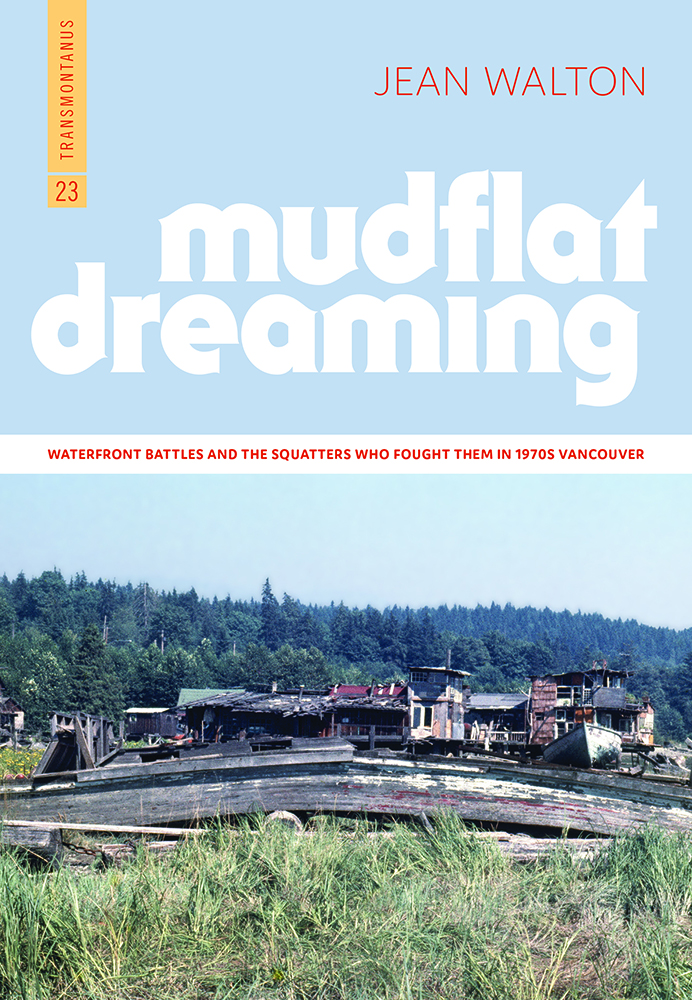Pictou County, Nova Scotia, Canada
Lint blue thunder flavors the memory. The waves are enormous, curling up high and mighty like Caribou antlers. In hindsight: Why are we at the beach during a thunderstorm? But back then, in all of my five year old wisdom: The water is so warm and excited to see me.
The power went out for three days during one hurricane or another. My niece was only a baby, my mom and sister murmuring about warming the milk. Everybody crowded together onto a bed, every blanket in the house employed. I thought it was wonderful. I remember standing in the middle of the street, the wind tearing straight through me. I watched my red hat get sucked up and away into the grey, watched trees flail, calm as a clam, as a strange and lonely little girl transfixed, like watching a snow globe from the inside. The Ship Hector crept up onto Caladh Avenue and my mother finally burned the candle. Life went on.
